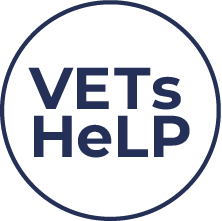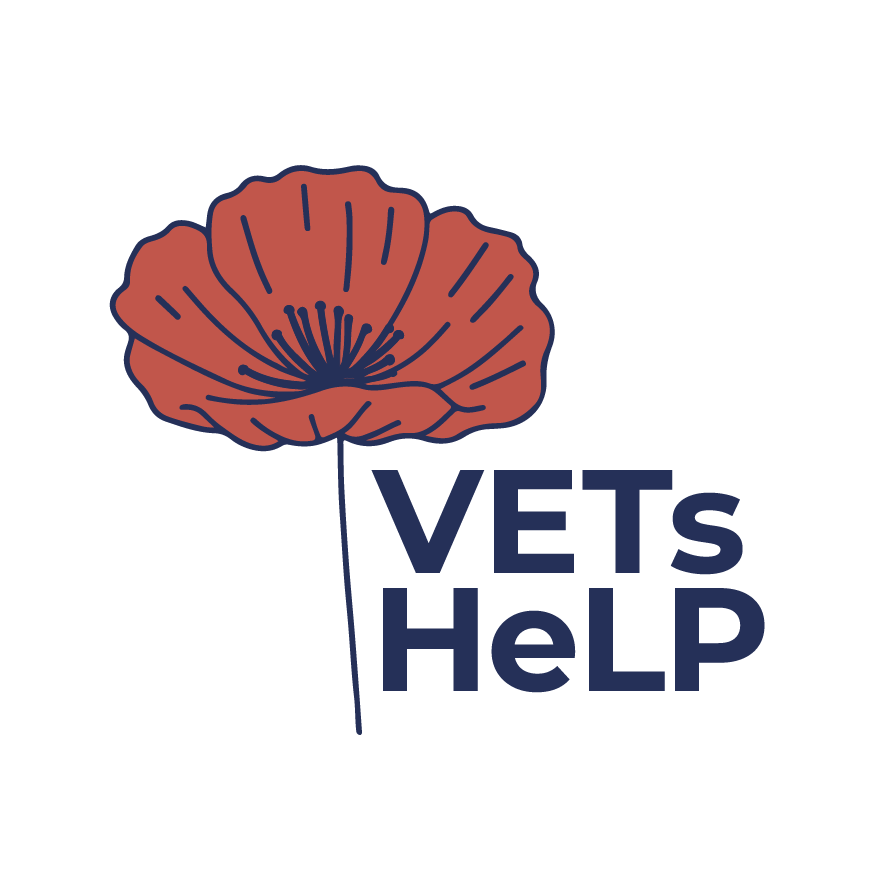This tool can be used with veterans, and their family members to enable GPs to understand the social, environmental and employment context of the veteran.
This useful tool shows the aspects of the Veteran Health Check to incorporate into all relevant consultations with Veterans at any time after transition.

Sample questions to use in consultations, covering ADF experiences, occupational exposures, transition to civilian life, mental health, and access to support.
The VETERANS lens will guide you through the important, not-to-be-missed aspects of a medical history that are of particular relevance to a veteran’s health.
Our Frequently Asked Questions (FAQs) page is designed to answer commonly asked questions that our audience has raised throughout the VETs HeLP program.
DVA offers printable guides and a Veterans' HealthPathways tool with basics on what DVA provides, referral procedures, services available, and how to get paid for them.
An overview of the key steps in supporting veteran patients' compensation claims. Emphasising the importance of accurate diagnosis, effective communication with DVA, and utilisation of available resources.
An overview of the Department of Veterans’ Affairs (DVA) healthcare cards, and their benefits for veterans, eligible dependents, and certain other individuals.
The document provides an overview of the diagnostic criteria for common mental health conditions specifically affecting Australian veterans.
The choices veterans make regarding their lifestyle and behaviours have an impact on their health, addressing these can improve their overall well-being.
Early recognition of problems and support can improve the lives of veterans, their spouses, and children. Understanding veterans helps in fostering effective engagement.
Occupational exposures are variable depending on the veteran’s role. They may include chemical, physical, biological, ergonomic, psychological, and environmental hazards.
Upon leaving Defence, veterans are responsible for managing their own health care needs. Here is an overview of the provision of current and ex-serving health care.
Military service has characteristics that make it unique compared to other professions. The families of ADF members are also impacted by their loved one's service.
Military life imposes a number of stressors on those in military service, including their families, which can impact the health and wellbeing of individuals differently.
Military service can pose challenges for the veteran’s family. When family members also experience problems as a result of the veteran’s condition the situation can be quite complex.
There is no “one size fits all” approach. Veterans transition for a variety of reasons and at different ages, stages of their life and career. Most do well, but some will struggle.

